
But the truth is no system or methodology will deliver change for you. Only people can deliver change.
No system or methodology will remove the objections and resistance that inevitably come with any change. Only deep listening, open communication and honest responses will do that.
No system or methodology will tell you what to do next when the unprecedented problems arise. Only experience, wisdom and gut will tell you that.
No system or methodology will create the desire to achieve transformation despite the challenges along the way. Only including people from the start and tapping into their passions and values will do that.
No system or methodology will provide the vision of what the new world will look like post-transformation. Only inspirational leadership and powerful, consistent communication will do that.
No system or methodology will deliver the hard work and long hours that are required to achieve major, positive change. Only people will do that.
Don't get me wrong. I do believe in systems and methodologies. I think they are critical to provide the support and structure that change and transformation projects need. But they are no substitution for getting in there and engaging up front with your people; with being open enough to truly listen to them, objections and all; with being willing to ask for input and receive it in whatever shape it comes; with being brave enough to step out into uncertainty and sometimes build the path as you walk out onto it; with being human enough to build strong relationships and teams that will surely pull you through any hairy episodes on your journey.
Change is messy. Dealing with people is messy. If the first thing you reach for to help you try and "control" either (or more than likely, control your fear around dealing with either) is a system or a methodology, the danger is it may become a barrier between you and your people. It may dominate your change process and not be the supporting tool it is meant to be.
Focus on engaging with your people first. Lead with strong communication and deep listening and then follow up with the systems and methodologies that will provide enough structure to support your people and change process without constraining or restraining the goodwill, passion and innovation that you will need to succeed.
If you want to learn more about how to engage your people around change in your organisation, contact Miriam at [email protected].
I would love to hear your experience of what works when it comes to people and change so please, do leave a comment.
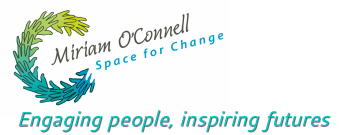
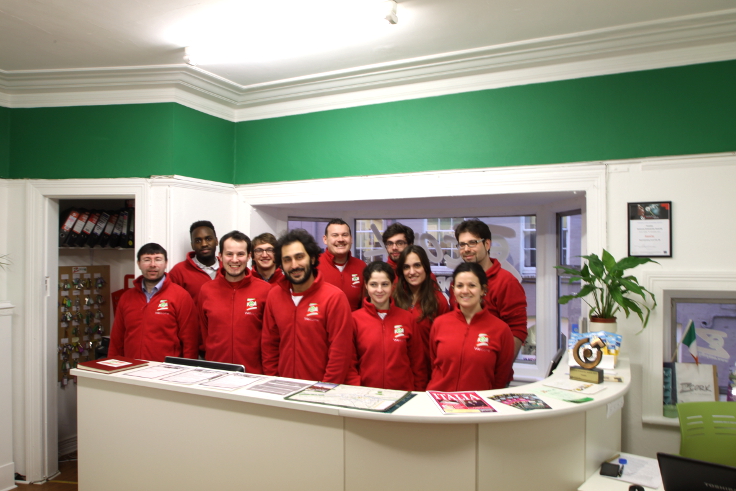
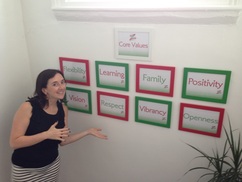
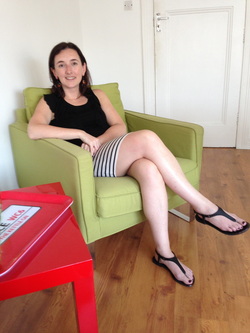
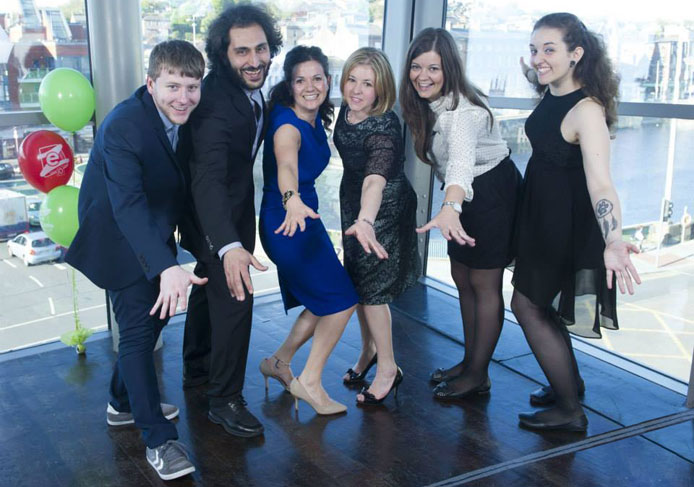
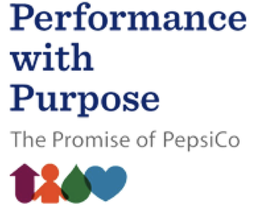

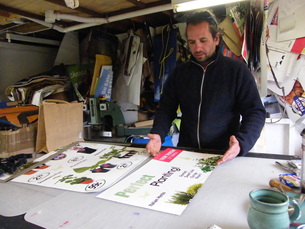
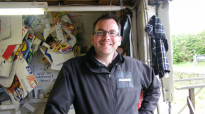
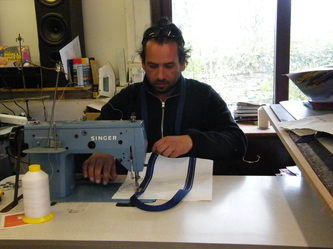
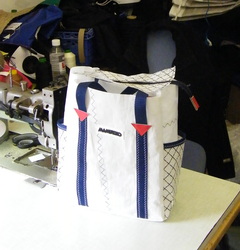



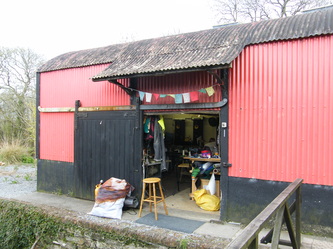

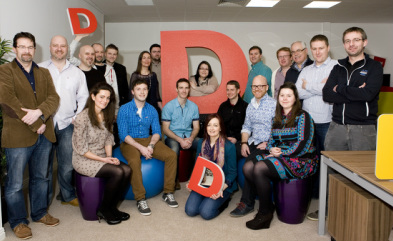
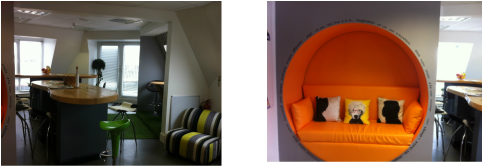

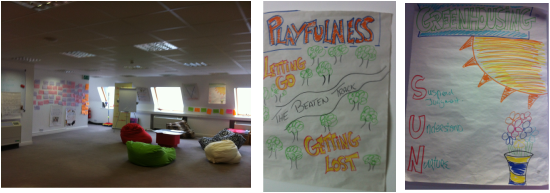


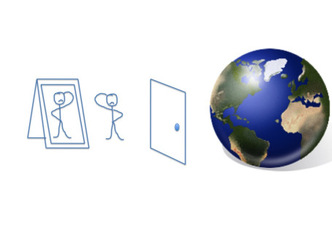




 RSS Feed
RSS Feed